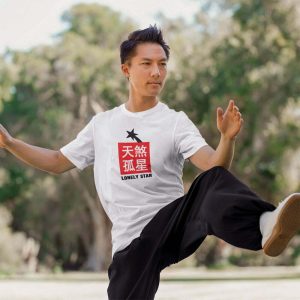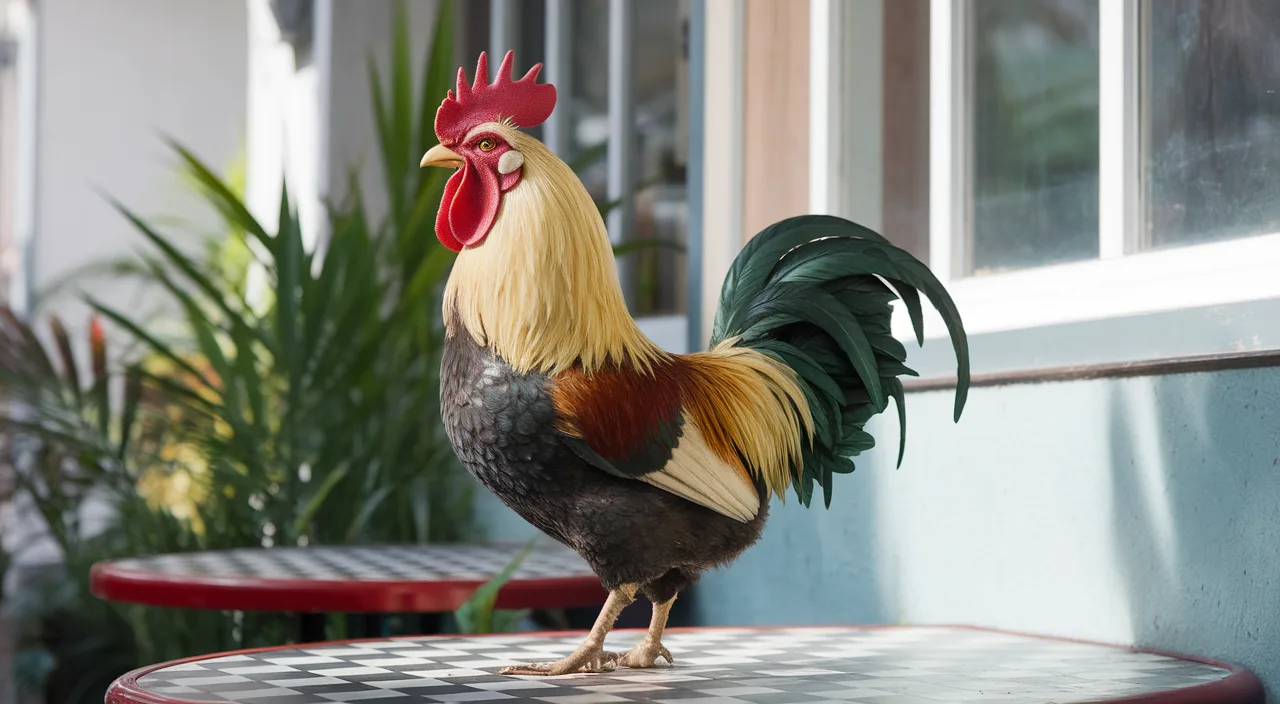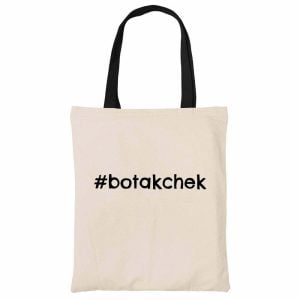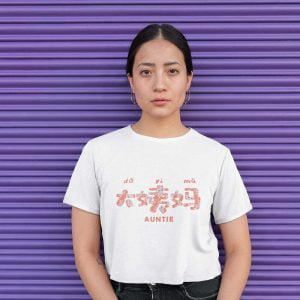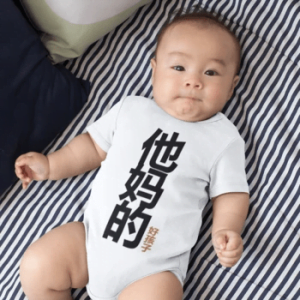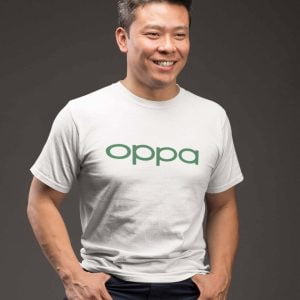What Does ‘Tan Ku Ku’ Mean and Why Do Singaporeans Say It?
If you’ve ever heard someone exclaim, “You want me to lend you $1000? Tan ku ku lah!” and silently wondered whether they were talking about a curry or a karaoke brand, don’t worry—you’re not alone. ‘Tan ku ku’ is one of the most iconically whimsical phrases in the Singaporean slang arsenal. At its core, this beloved Singlish expression simply means “wait forever” or “dream on.”
-
Chinese, Graphic, KaoBeiKing, Quote, T-shirts, Typography, Valentines
Price range: $30.00 through $38.00 Select options This product has multiple variants. The options may be chosen on the product page
But there’s nothing ordinary about how we’d say it. When locals drop this sassy colloquial phrase into conversation, it often comes with a head tilt, one raised brow, and a cheeky shake of the hand as if saying, “Siao ah, dream on.” It’s a phrase with sass, soul, and that unmistakably Singlish flair that makes our local dialect so expressive.
TL;DR: What ‘Tan Ku Ku’ Means
- ‘Tan ku ku’ = Singlish for “wait long long”
- Used sarcastically to imply something is never going to happen
- Often used in response to outrageous requests or overly optimistic assumptions
- Literally translates to “wait [until] you see my rooster” in Hokkien—but don’t panic, no animals were harmed.
- Common in daily conversations among Singaporeans of all ages
- Essential vocabulary for understanding Singapore culture and humor
The Absurd Origins of ‘Tan Ku Ku’
Alright, history buffs and kaypohs—this one’s for you. ‘Tan ku ku’ stems from Hokkien, a local dialect with serious street cred in Singapore. ‘Tan’ means ‘wait’, while ‘ku ku’ means—wait for it—rooster. So technically, this Singaporean slang literally translates to “wait until the rooster appears.” But no lah, it’s not a National Geographic documentary. It’s referencing the old-school belief that something won’t happen until the rooster shows up… and trust me, in this case, the rooster must have gone MIA or reservist, because ‘tan ku ku’ means it will never happen.
The phrase picked up steam in kopitiams, pasar malams, and eventually migrated into memes, group chats, and even polite office conversations. This evolution shows how colloquial phrases become deeply embedded in Singapore culture: “HR say ‘will review your proposal’—tan ku ku lah.”
-
Chinese, Chinese New Year, KaoBeiKing, T-shirts, Typography, Women
Price range: $30.00 through $38.00 Read more
Everyday Scenarios Where You Might Use (or Overuse) ‘Tan Ku Ku’
Let’s be brutally honest—Singaporeans are champions of sarcasm. And ‘tan ku ku’ serves premium sarcasm with a side of dramatic flair. Here’s how this essential Singlish expression applies in real life:
1. When Someone Promises to Pay You Back ‘Soon Soon’
“Eh bro, I pay you next week, can?”
“Tan ku ku lah.”
Code for: “Your money evaporated the moment I lent it. Nice knowing it.”
2. Government Queue Situations
From BTO flats to hospital appointments, we live in a society of orderly queues—but also eternal waiting. This is where Singaporean slang like ‘tan ku ku’ truly shines.
“My BTO supposed to finish in Q3.”
“Q3 which year? Tan. Ku. Ku.”
3. Office Promotion Dreams
“I think boss likes me. Promotion coming lah.”
Nobody has the heart to break it, so we resort to this cheeky colloquial phrase:
“Tan ku ku, my friend.”
4. Relationship Drama
“I texted her 4 days ago, still waiting.”
“You’re waiting for ghost reply is it? Tan ku ku.”
5. Online Deliveries That Disappear Into a Black Hole
“Shopee say estimated delivery is yesterday.”
-
KaoBeiKing, Men, Parody, T-shirts, Typography
Price range: $30.00 through $38.00 Select options This product has multiple variants. The options may be chosen on the product page
“Yesterday? Tan ku ku, bro. Just order again.”
But Wait — Can You Be ‘Too Local’?
Short answer: yes. And it’s glorious. If your daily conversation contains more ‘lah’, ‘leh’, and ‘tan ku ku’ than actual English words, congratulations—you’re on the express path to Singaporean slang fluency slash existential doubt at Starbucks overseas. This is the beauty of our unique language landscape.
While dropping ‘tan ku ku’ at home or with kakis is fair game, try it at a corporate Zoom meeting with your MNC teammates from Munich and Michigan? They’ll think you’re describing livestock logistics. Understanding when to use Singlish is part of mastering Singapore culture.
Tips for Using ‘Tan Ku Ku’ Without Sounding Blur Like Sotong
So, how can you cleverly slide this cheeky colloquial phrase into your day-to-day without sounding like a try-hard?
- Use it sparingly in formal settings unless you’re sure everyone’s onboard with the Singlish vibes.
- Use it humorously to soften the blow—it’s often better received than a direct rejection.
- Combine it creatively with memes, gifs, or reaction text for max effect in your local dialect conversations.
- Don’t explain it every time. If they don’t get it, even better—more brownie points for local authenticity.
Final Thoughts: The Beauty of Sounding Local—But Not Too Local Until You Startle Tourists
‘Tan ku ku’ is more than just another Singaporean slang phrase—it’s that uniquely local shrug we pass around when patience has run out and reality kicks in. It’s witty, slightly savage, and gloriously dramatic. Every time you say it, you’re part of the Singapore culture tapestry—woven with colloquial phrases that say way more than they mean.
But like sambal, a little goes a long way. Say it with charm, context, and cheek—and you’ll never go wrong. This Singlish gem represents our unique language heritage perfectly. Say it too much, however, and you just might find yourself the designated translator for all your ang moh friends at the hawker centre. Consider yourself warned!
Frequently Asked Questions (FAQ)
1. What does ‘tan ku ku’ actually mean?
It’s Hokkien-Singlish for “wait long long”—basically something that’s never going to happen, used sarcastically in everyday conversation.
2. Is ‘tan ku ku’ offensive?
Nope! It’s cheeky and sassy but not offensive. It’s used playfully in sarcastic or dramatic ways.
3. Can I use ‘tan ku ku’ at work?
Depends on your workplace vibe. If your office fam is chill and speaks Singlish, go ahead. Otherwise… tan ku ku, HR might not get the joke.
4. Where did the phrase originate?
It originated from Hokkien—a local dialect widely spoken in Singapore. Literally, it means “wait until the rooster appears.”
5. Is ‘tan ku ku’ used outside Singapore?
Mostly no. It’s a Singapore-specific slang phrase, though some Malaysians might be familiar too. Outside SEA, get ready to translate.
6. Is using too much Singlish a bad thing?
Not necessarily. It’s fun, shows local pride, and creates a sense of community—but balance it if you’re in formal contexts.
7. Will I sound more Singaporean if I use words like ‘tan ku ku’?
Definitely. But don’t force it. Easy come, easy go. Let it flow naturally in the right settings and contexts.


